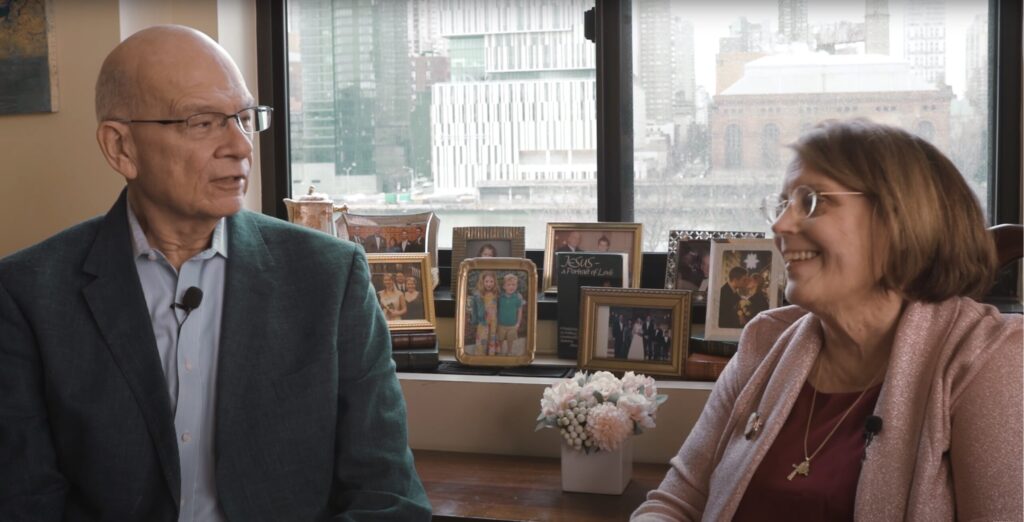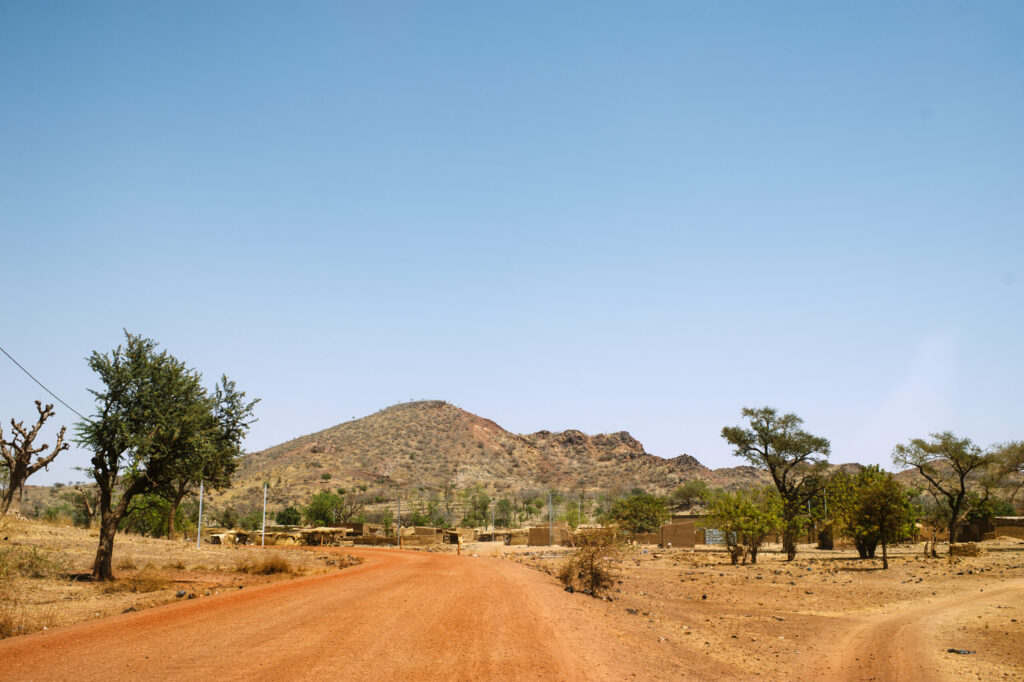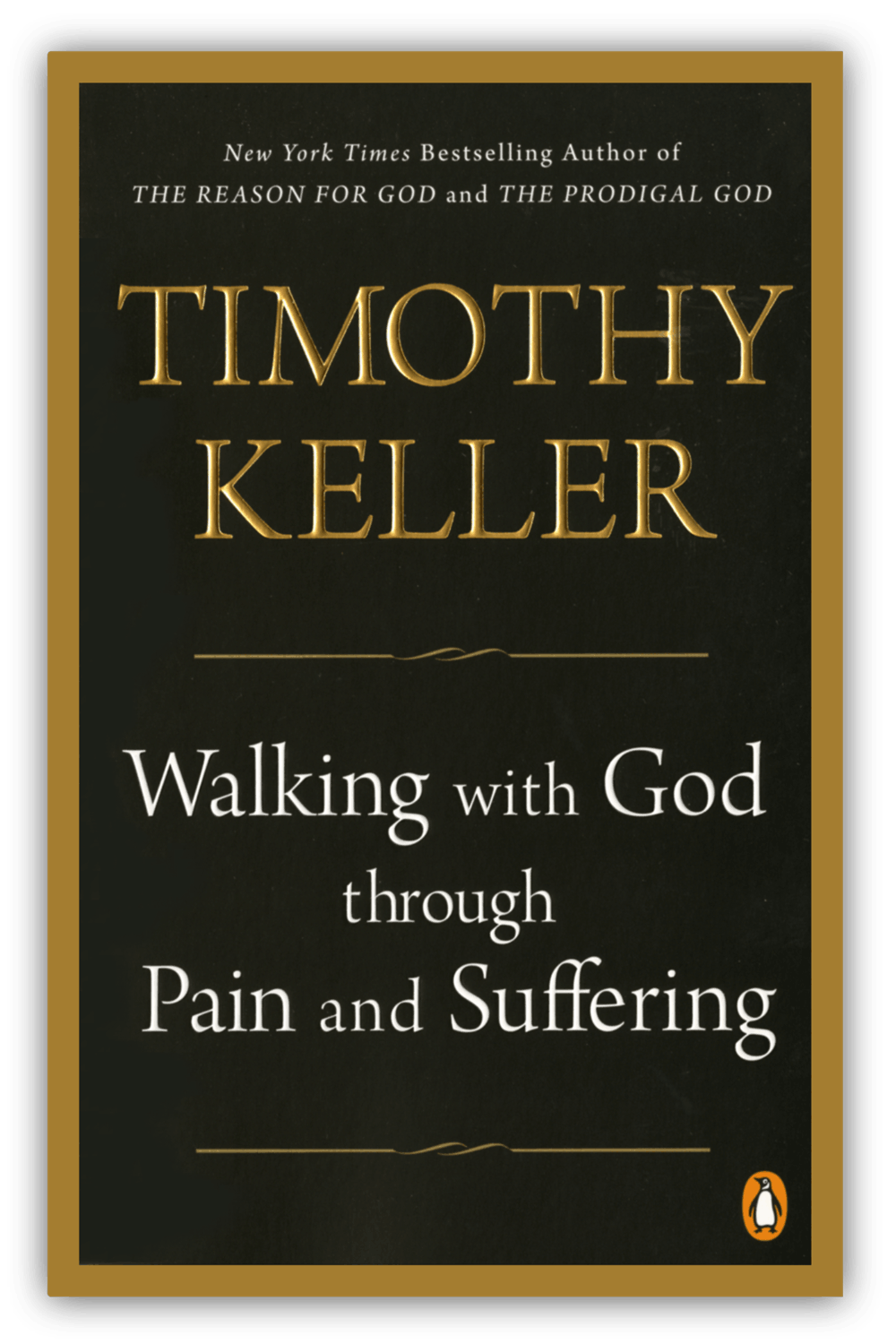Ginny Owens has worn many hats during her lifetime.
Singer/songwriter with fourteen albums under her belt. International touring artist. Dove award winner. College professor. Author. Speaker.
She now works as the Assistant Director of Worship Arts at Redeemer Lincoln Square. We wanted to find out what her faith journey through all of that has been like, and how her life has been affected by her blindness.
An interview by Christina Stanton
Q. Tell us a little bit about your background. How did your blindness start?
A. I was born and raised in Jackson, Mississippi. At a very early age, a degenerative eye condition and a surgery that was intended to correct it left me blind, so I’ve been blind since the age of three. Because God is so good, He opened my heart to trust Him around this same time, and gave me a deep love of music, a medium which would continually bring joy and solace. Even then, He was preparing me for the challenges to come. I regularly faced bullying and rejection as the only blind student in my elementary school, and learned that not only was Jesus my best friend, but sometimes my only friend. I turned to music, writing about the pain of loneliness, but also the truth and goodness of Christ’s love. The lyrics and melodies, simple as they were, brought much comfort during this season.
I regularly faced bullying and rejection as the only blind student in my elementary school, and learned that not only was Jesus my best friend, but sometimes my only friend. I turned to music, writing about the pain of loneliness, but also the truth and goodness of Christ’s love.
Q. How did your interest in music develop?
A. I’ve been singing ever since I can remember, and when I was two years old, a decrepit upright piano came to live in our dining room, which I instantly adopted as my own. After my surgery, I continued to plunk out tunes despite not being able to see. I began writing music and lyrics around age seven, and would occasionally play these at my hometown church. Writing music became my way of journaling. I wrote the conversations I wasn’t brave enough to have, and wrote about the truths of the faith, as well as the pain I was trying to make sense of. As a teenager, I realized that music could be a common ground—a medium that could help me connect with a roomful of people I couldn’t see, and help them see how we were alike. I eventually received a scholarship to study music at Belmont University in Nashville. After graduating, I pursued work as a high school music teacher, thinking I’d write songs on the side. I didn’t yet know God had other plans.
Q. How did your music career begin?
A. After a year of interviews with administrators who were terrified of hiring a blind teacher, I took a job as a tele-marketer for nonprofits. A real joy for an introvert. I was so discouraged and not sure what God was doing. But about this time, a music publisher heard some of my songs and asked to meet with me. It was the first interview I’d had where the other person wasn’t scared of me. I ended up signing with his company, then with Michael W. Smith’s record label Rocketown Records, where I’d stay until it closed its doors eight years later.
Q. What was your faith journey like during this time?
A. Though I loved writing and sharing music, my career soon pre-empted everything else in my life. It was the means I used to receive affirmation from those around me—the means I used to belong. I became a sing-a-holic, saying yes to every gig and every interview. I took God’s gift of music and used it to try to fill a void in my life only God could fill. After eight years or so of career hyperfocus, I suffered burnout. For a change of scenery, I moved to NYC for a summer and began attending Redeemer West Side on Sunday evenings, where I became a part of a vibrant, consistent community of believers. I began confiding in them about my burnout, and was encouraged to ask for forgiveness for choosing my career over God. I came alive to the One whose love had been there all along. God changed my heart, and my attitude about my career changed too. I learned to praise God not merely for the things He had blessed me with and what they might lead to, but simply because of who He is. My situation didn’t change – I’ll always be blind this side of heaven, and that will always make fitting in difficult. But I know that my deep desire to belong is not the be-all end-all. God is.
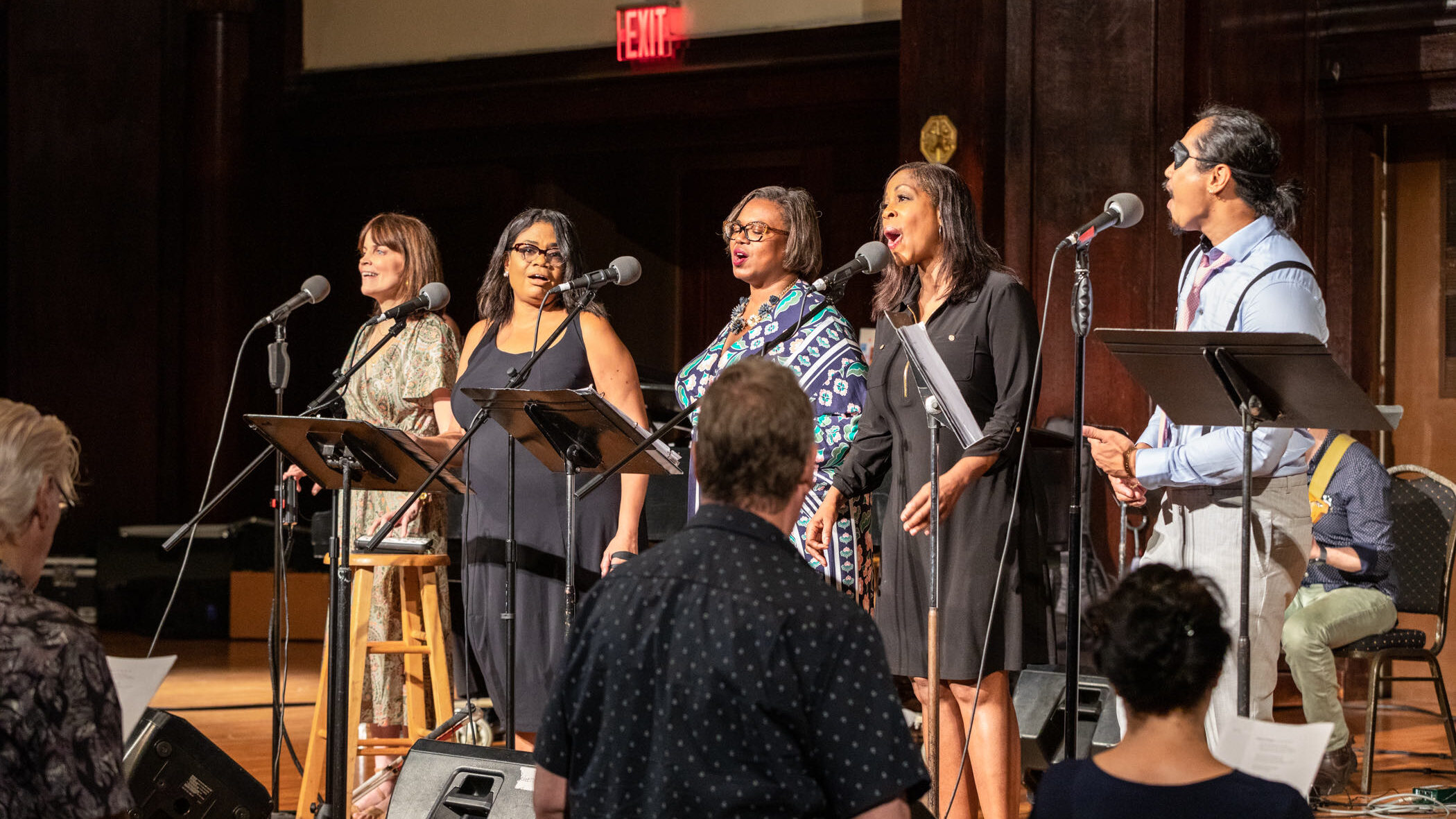
Q. Did you stay in NYC after that important break?
A. No. Though I tried to make the move then, it didn’t happen until nearly a decade later—in 2018. My move to NYC was one of those unique moments in life where you look back and realize God has called you to a place and swung wide every door so the fact that it was His idea is completely obvious. New York feels like home. I’m unbelievably blessed with a wonderful community and church family.
Q. Is it hard to maneuver the city?
A. Mobility is actually easier for me here in New York City, given the easy-to-navigate grid pattern of city streets. But here’s the thing that might surprise some people—the friendliness of New Yorkers who offer to walk me from point A to point B is one of my favorite daily adventures. I’ll often take help I don’t need just to have a quick chat with a stranger and hear what their life is like.
Q. How has living in the city affected your faith?
A. I’ve certainly had a perspective shift since living in the city. There’s no such thing as a Christian culture in New York City—you don’t get involved with Christianity unless you’re a Christian or you’re curious. As a result, you have to figure out how to live out your faith as you interact with skeptics or with Christians living in the thick of culture. It makes you constantly re-evaluate how Christianity actually applies to life. Faith in this climate feels more real, more urgent, and more necessary, but in a good way. Community is essential, and nearly all the believers I’ve met are very intentional in their pursuit of God and relationships with other believers. Walking alongside people as they work out their faith just as I work out my faith is heartening and encouraging.
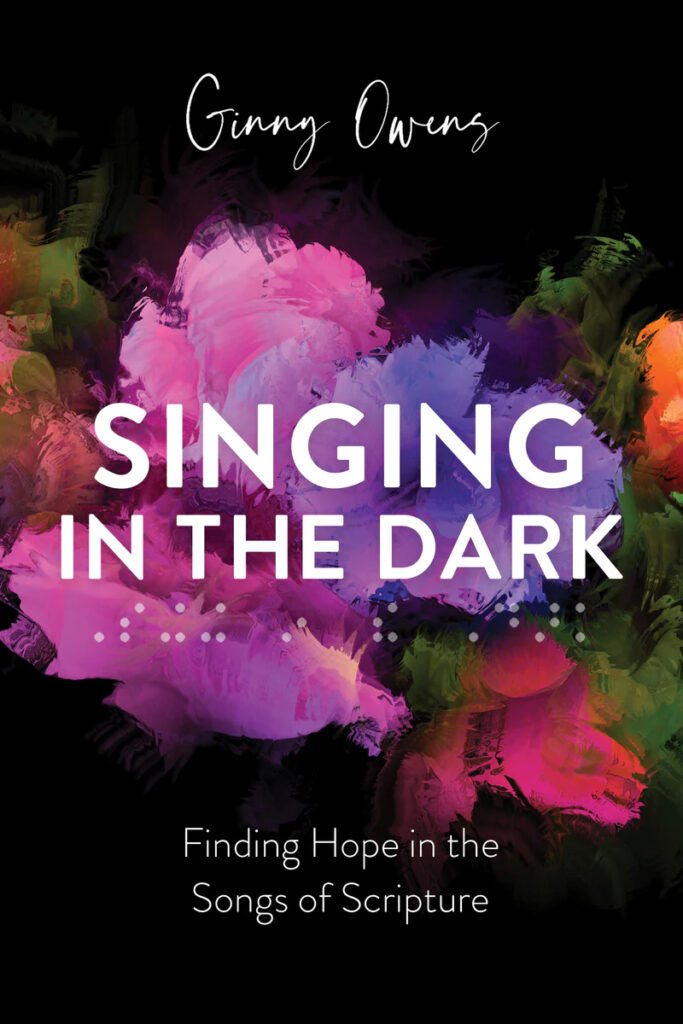
Q. I heard you just graduated from seminary. What did you learn from your experience there?
A. Yes, I just finished a Masters in Biblical Studies at Reformed Theological Seminary, which I started in the fall of 2018. I wanted to learn how to teach Scripture and its beauty, truth, and power to others. I also hope I’m writing theologically richer songs as a result of the training. When it comes to concerts, the impression that seminary left in my life has changed my approach fundamentally. I’ve moved from entertainment to encouragement and education—now I teach on themes. It makes going out on the road even more special than before. And in the first months of the pandemic, I wrote a devotional book called, Singing in the Dark: Finding Hope in the Songs of Scripture. It interweaves songs from Scripture with stories from my life, hopefully arguing well that we truly can find hope in whatever suffering we’re facing, through the words God speaks to us in His Word. I could not have written this book without my seminary training.
Q. What are your present endeavors?
A. I serve as the Assistant Director of Worship Arts at Redeemer Lincoln Square, where I get the privilege of helping curate our worship and create new songs for us to sing. I also continue to travel, speaking and singing about the hope that I have. In addition to my recent book, I’m always releasing new music—my latest EP is a collection of contemplative songs called Be Still and Know.
Q. Do you have any closing thoughts?
A. Like most self-employed songwriters, I used to spend every day asking, “How can I build on what I’ve done? How can I grow my platform and be a more successful influencer?” But I’ve learned how frivolous those questions are, and perhaps a better question is, “God, how can I be useful in your kingdom work?” I love writing and singing more than I ever have, because I am no longer at the center of the work. One of my favorite hymns, written by a blind woman in the nineteenth century says, “This is my Story, this is my Song / praising my Savior, all the day long.” It reminds me to proclaim my hope in Christ in the darkness as she did. We all have different stories, but when praising our Savior is the center of our story, we are living a story of hope, no matter what’s happening.


